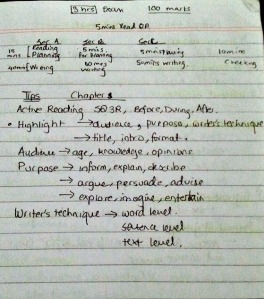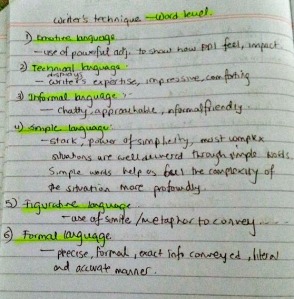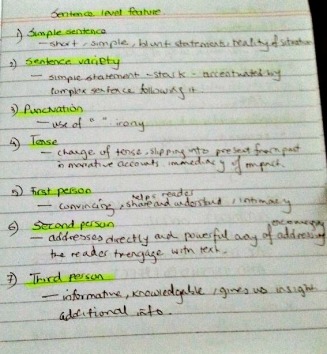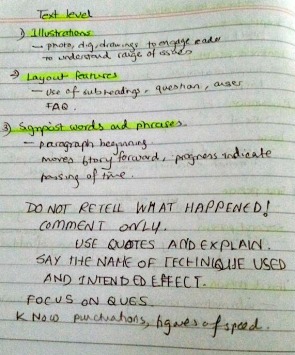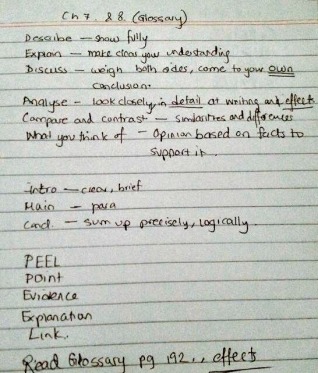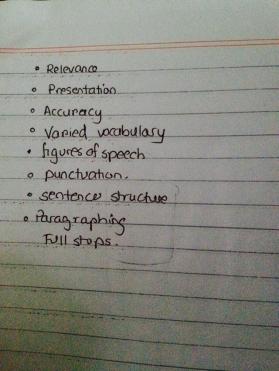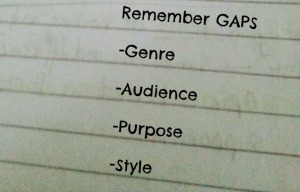Pure Maths was one subject that I struggled with initially, but I kept at it nevertheless, and somehow managed As in class. My best advice would be: PRACTICE. And practice A LOT. I remember times when I was failing in my class tests, and then when I got a week’s holiday from school I spent each of those 7 days practicing 4 pmath papers, checking them, and then doing them all over again as corrections in a separate copy. This helped me improve dramatically.
For a beginner, I would advise you to follow your teacher’s lessons well. When you go home, read the chapter from the Edexcel Further Pure Mathematics book, following the given examples well till you fully understand what to do. Follow that by doing at least 10 of those sums from the chapter. You can also use the Lee Peng Yee book, but remember that neither book is a substitute for the other.
Once you feel as if you’ve got the books covered, practice the sums from the Unique Chapterwise question papers. The end of the Unique Chapterwise also has essential formulae which you may find useful for solving the sums in the relevant chapters. After you’ve practiced from each of the chapters, and have somewhat covered the entire syllabus, start on the yearwise question papers.
Remember that when you’re first starting on the yearwise question papers, there might be plenty of sums you’re not being able to do. This happened to me, and I would give up, often cry in frustration too! But once you’re in a better mood, and feel courageous enough to have another go at it, resume your practice. Once you’re able to solve more or less half the number of sums given, and can do the papers without it demotivating you, start timing yourself. Do a paper, don’t get up to go to the bathroom, talk, or drink water. Spend 2 hours solely concentrating on the paper before you, and finish it within the allotted time. After you’re done, put the paper aside and come back to it later in the day, and check it thoroughly with the markscheme. Pay attention to where you went wrong, and note it down. See if there’s a trend in the kind of sums you’re messing up in, and note down the trend, making sure it doesn’t happen again. Do your corrections in a separate loose paper and file all the papers, so before a test or exam you can go through the file and focus on those, or have a separate copy. This helps A LOT, especially before exams when you’re feeling lost as to what to practice or concentrate on.
Start keeping track of which papers you’re doing, for example, are you starting from the recent years and going backwards or vice versa? Set a goal to finish 10 years’ question papers, but relax and go easy on yourself if you aren’t able to, because what matters more is whether you’re learning and perfecting your skills rather than the bulk of question papers you solved. Mark yourself, and see whether your marks are improving in general or not. Remember that some papers of certain years are generally more difficult than other years so don’t get stressed out if you come across a paper like that (e.g. 2012 papers)
Lastly, best of luck with Further Pure Maths. There has been plenty of times when I felt inadequate, and wanted to drop the subject. But where’s the fun in that? The best part about pure maths is the real satisfaction you feel when you finally get a two page sum correct, all on your own!!!

